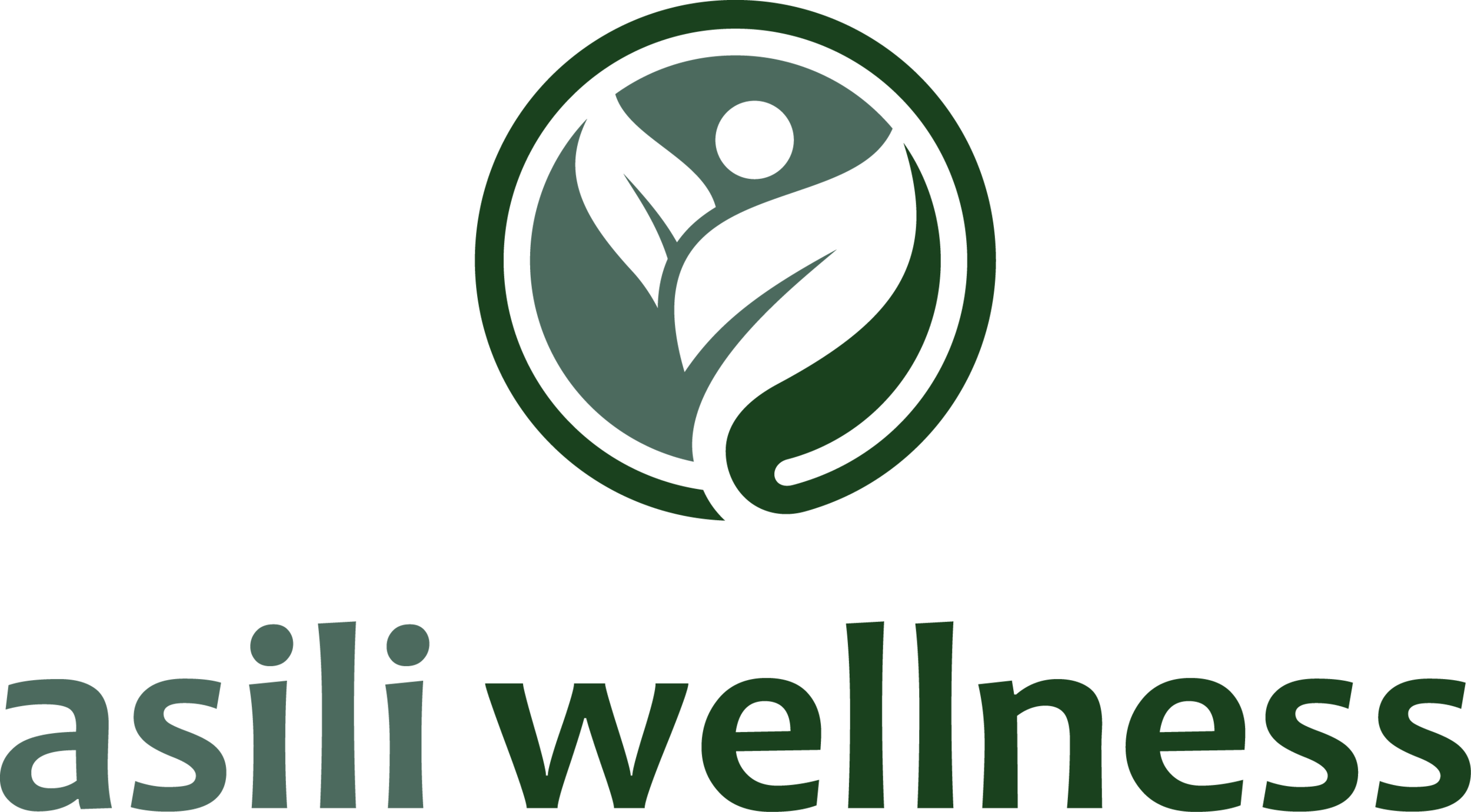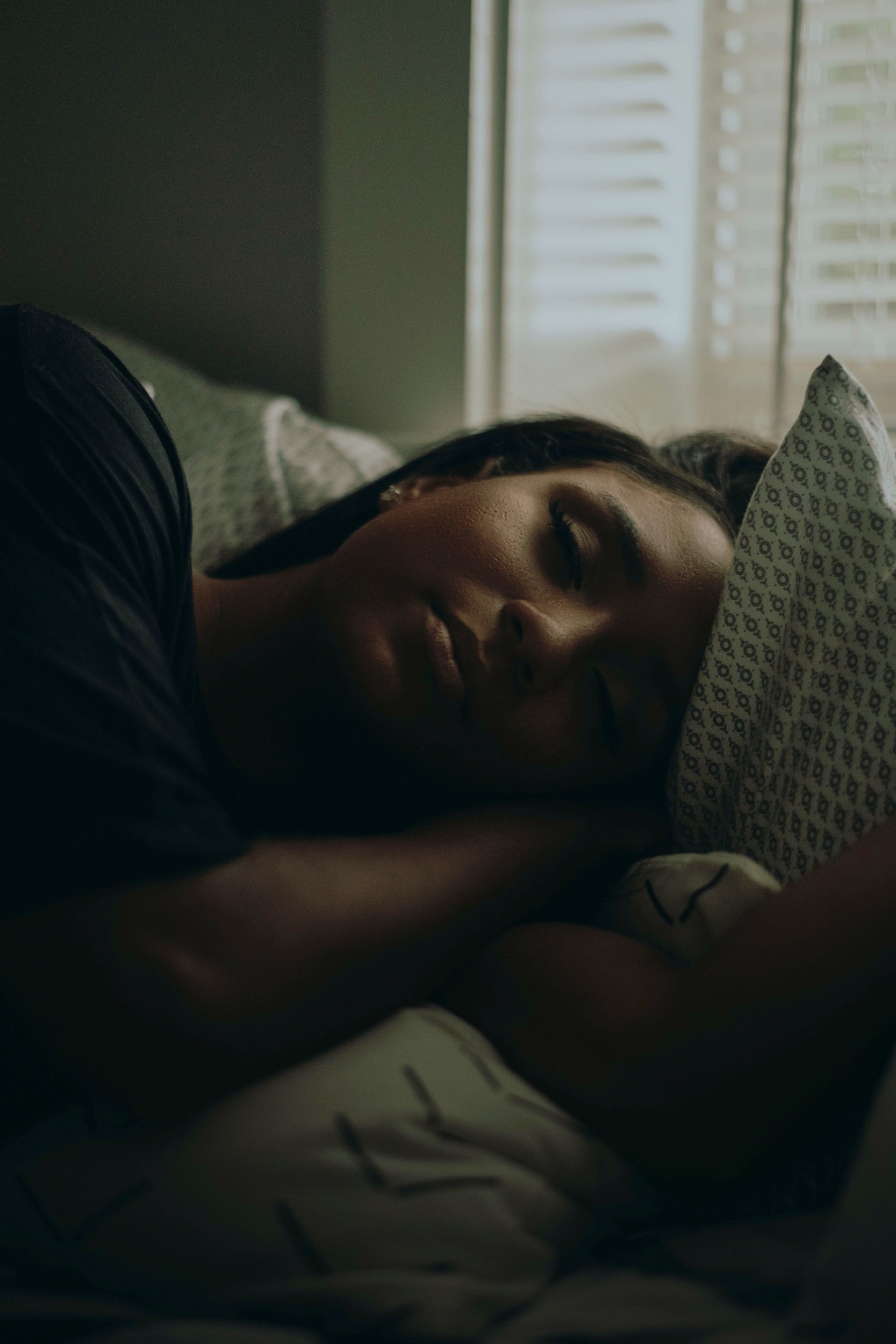Unlocking the Power of Sleep: Your Secret Superpower!
What is Sleep?
Sleep isn't just a pause in our hectic lives; it's a magical retreat that refreshes our bodies and minds, preparing us to tackle the day ahead with renewed energy and enthusiasm! While we drift off, our brains work hard, processing memories, boosting our learning, and even tidying up the mental clutter. So, let's explore how we can transform our nightly rest into an extraordinary, revitalizing journey!
Why Do We Need Sleep?
As women, we often juggle a whirlwind of responsibilities that can take a toll on our emotional, personal, and social lives—sleep is no exception! But securing that precious shut-eye is vital for our health and happiness. The Centers for Disease Control and Prevention (CDC) recommends aiming for at least seven hours of sleep each night. Quality sleep is like a magic elixir for our minds and bodies, sharpening our focus and preparing us to face life's challenges head-on.
What Are the Risks of Poor Sleep?
Skipping on sleep? That can lead to some serious health pitfalls, including heart disease, depression, hypertension, diabetes, obesity, and even strokes. When we don't get enough rest, our immune systems weaken, and our hormones can throw tantrums, making it more challenging to ward off illness and maintain our mood.
How Can We Improve Our Sleep Naturally?
Good news! Researchers have unlocked some natural practices to enhance our sleep game. "Sleep Hygiene" is your best friend—it's all about forming healthy habits that promote restful nights. With these evidence-based tips, you can harness the long-term benefits of great sleep!
Sleep Hygiene Tips
Now that we know sleep is crucial let's explore some engaging and valuable sleep hygiene strategies to help you catch those coveted Zzzs! We recommend starting with one practice at a time for the most success.
(1) Stick to a Sleep Schedule
Try to hit the hay and rise at the same time each day. Do you love settling in by 11 pm? Make it a habit! Sleeping in on weekends can throw off your body's natural rhythm.
(2) Sleep When You're Sleepy
Only crawl into bed when your eyelids are heavy. Wide awake? You can get up and engage in a quiet activity until sleepiness calls you back.
(3) Follow the 20-30 Minute Rule
Get up if you’ve been tossing and turning for 20 to 30 minutes! Do something calming until sleep beckons again. Staying awake in bed only makes it harder to drift off.
(4) Avoid Caffeine and Nicotine
Avoid these stimulants, especially in the hours before bedtime. Instead, opt for relaxation and give your body the rest it craves!
(5) Limit Alcohol
Even if a drink feels relaxing, it can disrupt your sleep quality. If you indulge, try to do it at least 4-6 hours before you hit the pillow.
(6) Be Mindful of Naps
If you need to nap, keep it short—under an hour and before 3 pm is ideal. Listen to your body's signals to ensure a good night's sleep.
(7) Create a Sleep Routine
Establish a calming bedtime ritual that you love! Whether you sip herbal tea, listen to soothing tunes, or enjoy a gentle ritual, find what signals to your body that it's time to wind down.
(8) Take a Warm Bath
Indulging in a warm bath 1-2 hours before bed can work wonders. It raises your body temperature and cools it down, paving the way for a restful journey to dreamland. Plus, it's a delightful self-care treat!
(9) Avoid Clock-Watching
Please don't look at the clock while trying to fall asleep. Doing so can cause stress and disrupt your ability to drift off. Remember—don't watch the clock!
(10) Collect Data
Track your sleep patterns and experiment with different bedtimes and evening activities. This mindful approach can help you uncover what works best for waking up refreshed!
(11) Work it Out
Staying active is essential, but please reserve intense workouts for earlier days. Gentle morning walks or restorative yoga can work wonders for your nighttime slumber!
(12) Eat Well
Your meals also affect sleep quality. Please adjust your meal times and avoid heavy dishes right before bed to find what works best for your body.
(13) Make Your Sleep Space Cozy
Transform your sleep environment into a cozy haven! Soft sheets, calming scents, and a tidy room create the perfect backdrop for a good night's rest.
(14) Keep Your Daytime Routine Consistent
Please stick to your regular daytime routine even after a rough night's sleep. Skipping activities reinforces feelings of insomnia.
(15) Make Your Bed a Sleep Sanctuary
Use your bed strictly for sleep and intimacy. Avoid working or watching TV in bed, which will help create a restful environment that encourages relaxation.
(16) Shut it Down
Give your electronics a break at least 30 minutes before bedtime—ideally an hour! To improve the quality of your sleep, try not to use devices in bed.
Are you ready to live a healthy and vibrant lifestyle? The EAT, LIVE, AND THRIVE BUNDLE can help! It includes Naturally Nourished, The Everyday Yogi, and Five Tips for Maintaining an Active and Healthy Lifestyle with a Busy Schedule. Start your journey to a healthier you today!
Shop Products
Call, email, follow, or shop today to start your journey!
Peace & Wellness, Dr. Nicole












